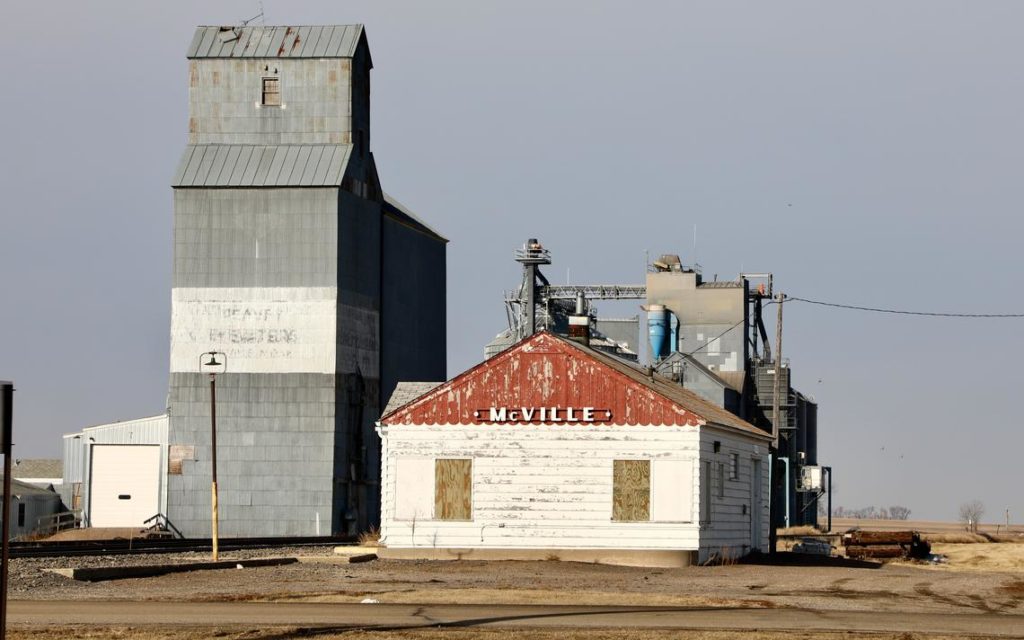Will rural agriculturalists nearing retirement be able, if they choose, to remain in their home towns after they retire? The answer affects farmers and farm couples, as well as their friends, neighbors, relatives and communities.
I don’t make moral judgments about where soon-to-retire farmers and farm couples should live. It’s totally their own decision whether to stay in their local community or to move permanently or part of the year to some warm southern clime or a larger community in the region. Many things, especially health, financial status, medical care availability and family considerations, go into this very personal decision. Evaluate your wants and needs, then make the decision that’s best for you.
Instead, this column seeks your input on what can and should be done to help retired people who want to remain in their home communities. I know some of the questions; maybe you can supply some of the answers.
Perhaps the biggest question is the level of support that government, especially at the federal level, should provide to help retired folks stay in their home communities. Does government have a responsibility to offer a certain level of medical care to rural and small-town residents? Is government responsible for providing subsidized and assisted-living housing in rural communities? Are there more ways for government and health insurance companies to further the use of telemedicine?
The answers won’t necessarily involve spending tax money. Tax incentives for privately financed efforts seem, at least to me, to have a role. And are there cases in which reducing government regulation would help? Again, I ask the question without knowing the answer.
If you’re wondering, my own view is that less government is almost always better government — but that Americans in need should have a safety net. I’m not nearly smart enough to know what that safety net should include.
A personal note: my home town of McVille, N.D., population about 320, still has, somewhat amazingly, a working clinic and hospital. That’s helped some senior citizens, including my parents, a retired farm couple, to remain in the community.
The key, practical, immediate question, I think, is asking what nonretired residents of small ag towns can do to help retirees remain in the community. Serving on the local ambulance crew can be a huge help, for example.
No doubt there are other things, too. One example: many older retirees struggle to clean their homes, so they’d greatly appreciate a younger local resident who provided affordable house-cleaning services.
But of course there are limits on what nonretired residents can do to help. They have jobs and families, and they simply lack the time and energy to do everything that retirees would like. (Which the latter certainly understand.)
Good luck with harvest. Good luck with finding adequate fall pasture for your livestock, a major concern this drought-plagued year. But when you need a break, devote a little thought to what can be done to assist retirees remain in their farm and ranch communities. And then please drop me a line with your conclusions. What’s worked in your town? What hasn’t? What do you think might work if given a chance?
This is a complex issue that defies an easy or single answer. But your insights, shared with others, can help to chip away at the problem.
Jonathan Knutson is a former Agweek reporter. He grew up on a farm and spent his career covering agriculture. He can be reached at packerfanknutson@agweek.com.


